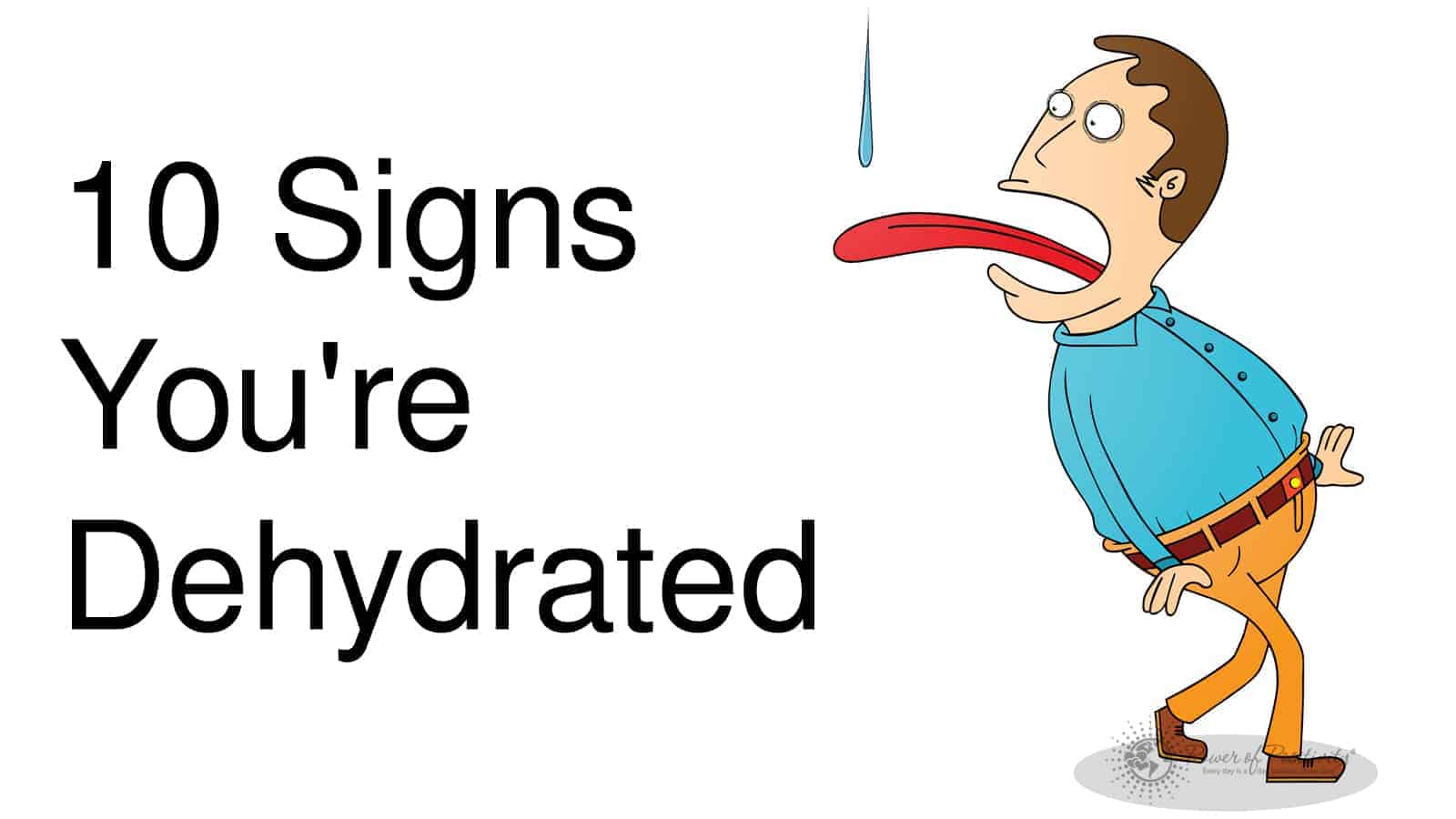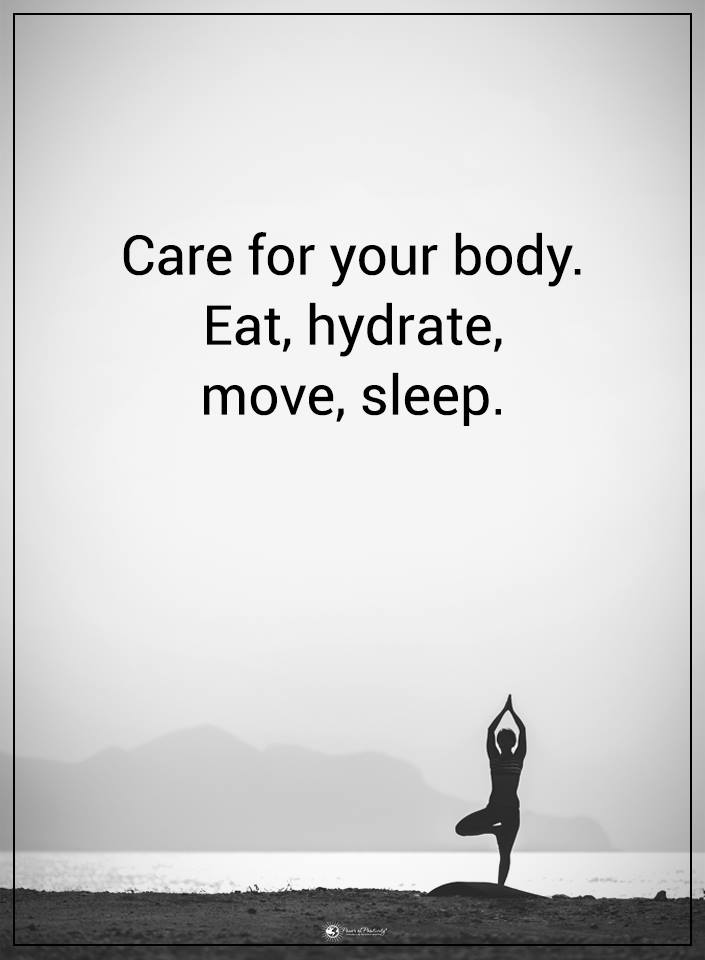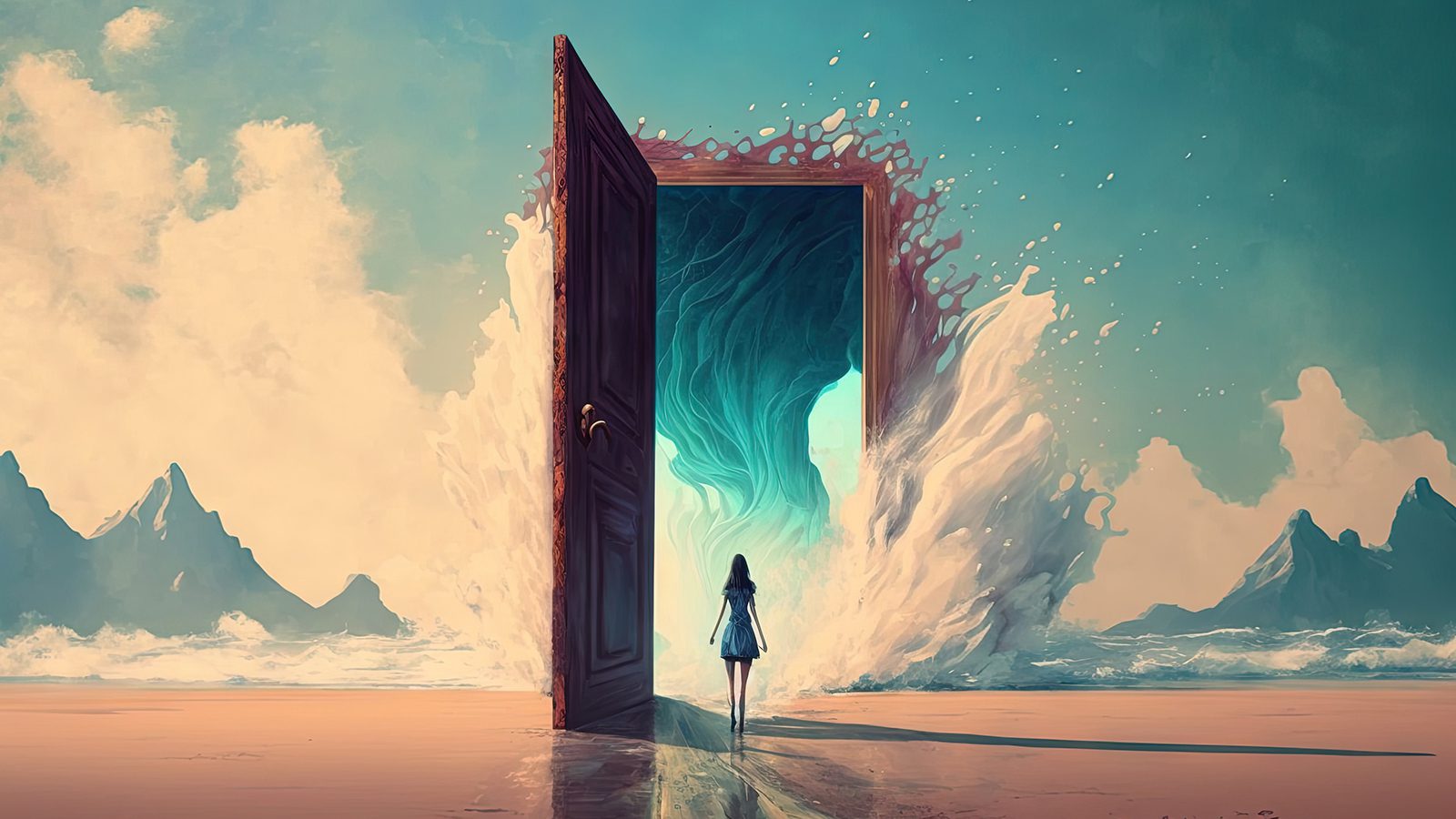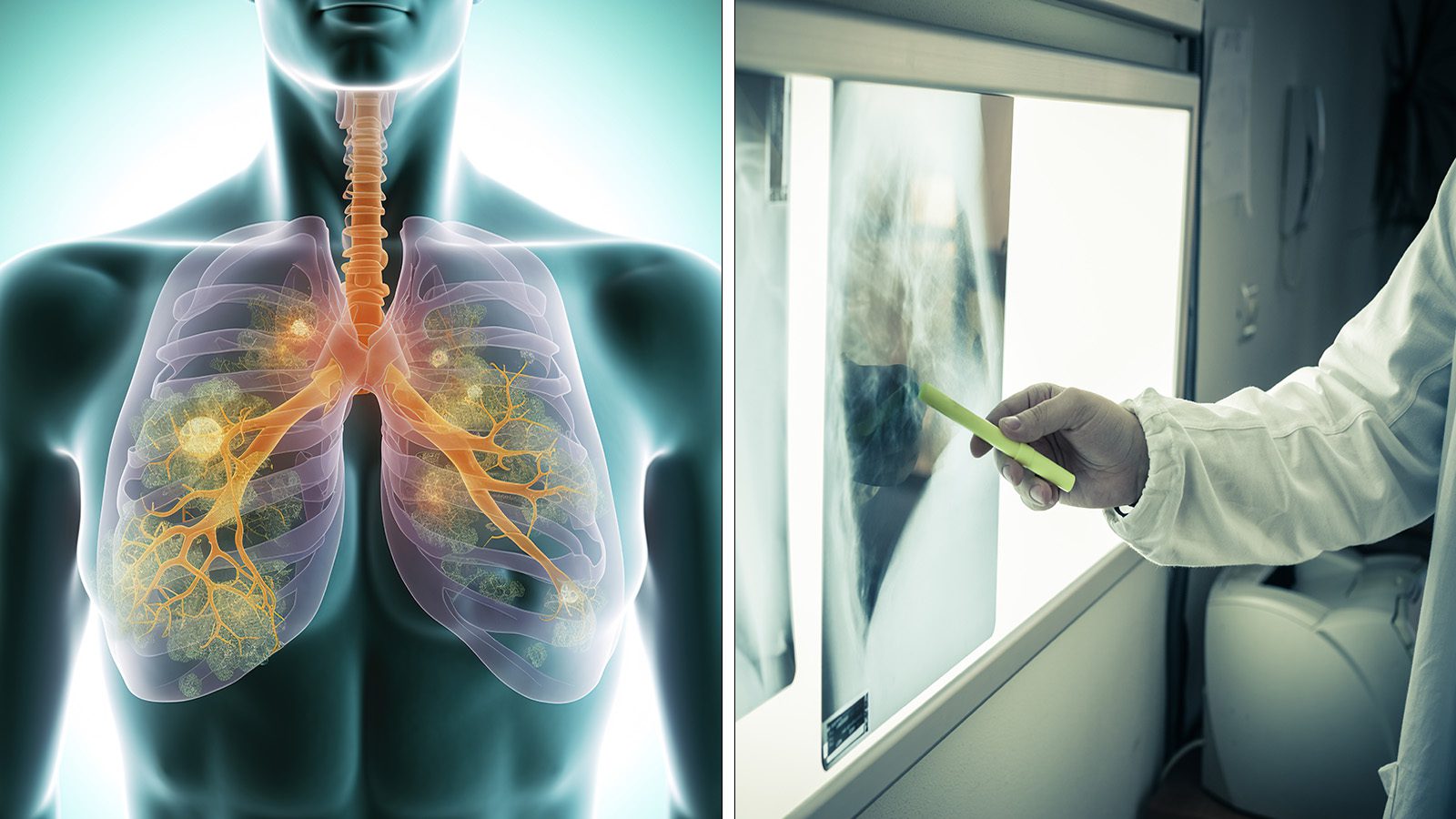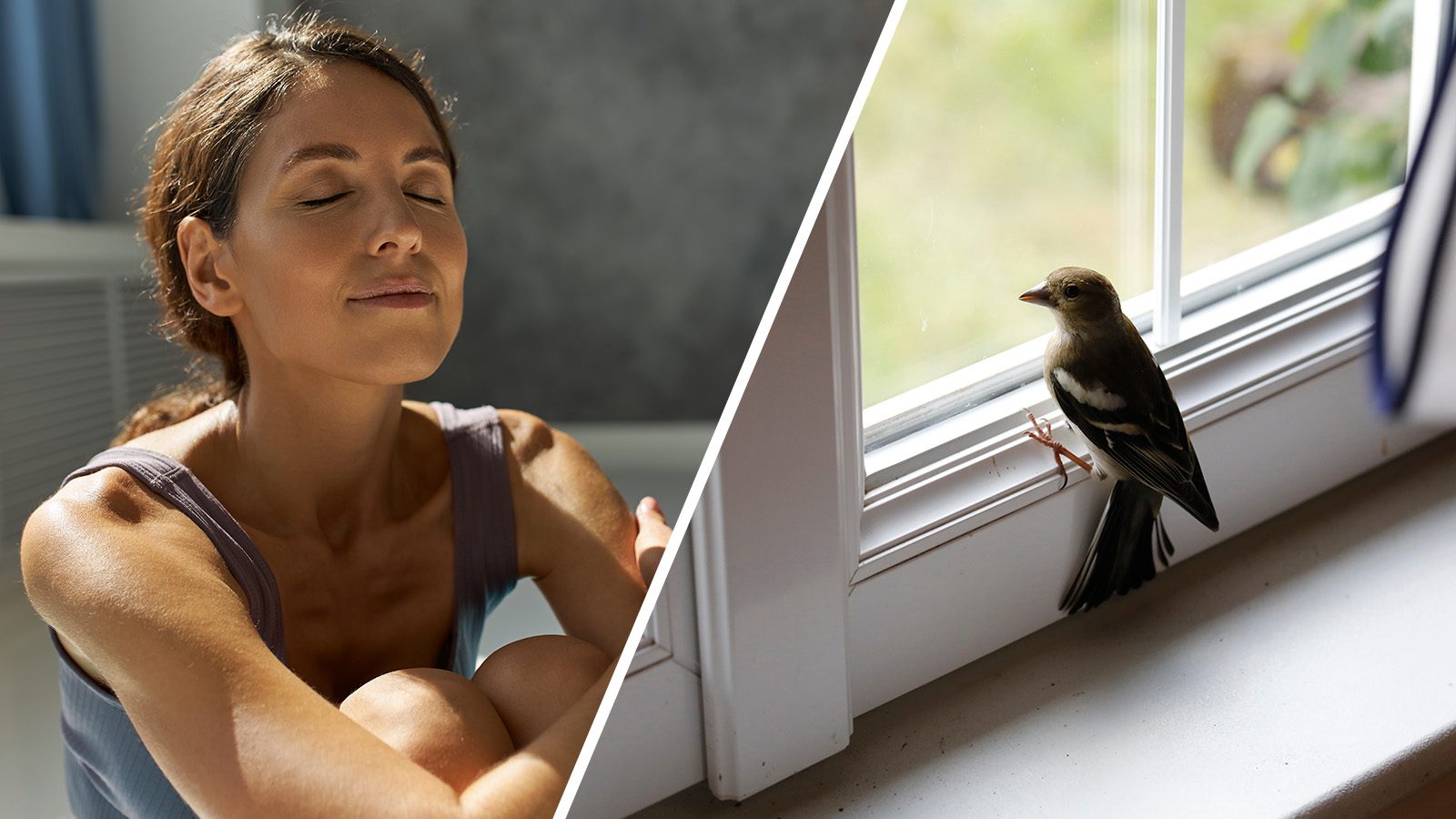Did you know that 25% of kids and teenagers are dehydrated because they don’t drink ANY water as part of their fluid intake?
Like kids, a surprising number of adults don’t drink enough water, as well. In fact, one study found that half of Americans don’t get their recommended daily intake of water. Not drinking enough water can cause serious health problems, including digestive issues, urinary tract infections, anxiety, and chronic fatigue.
Not surprisingly, 75% of Americans suffer from chronic dehydration, according to a report by CBS.
Here are 10 signs you’re dehydrated:
Because water composes about 60% of our bodies, 75% of our muscles, and 85% of our brains, you should take dehydration very seriously. Dehydration can inhibit the function of many parts of the body, leaving you feeling lethargic, sick, and even depressed. However, if you know what to look for, you can stop dehydration before it leads to more serious complications.
1. Your mouth, skin, and eyes feel dry when dehydrated.
One of the biggest signs you’re dehydrated appears on your skin, believe it or not. If you don’t drink enough water, you won’t sweat out all the internal and external toxins in your body, which means you will be prone to clogged pores, resulting in breakouts.
Also, if you have trouble producing tears, a lack of water could be the culprit. Obviously, having a dry mouth signals to your brain that you need more water, also. Water does so much for our bodies, and in general, that parched feeling you get in your mouth can be felt in other areas of the body, too.
2. You use the bathroom infrequently, and when you do, your urine is dark yellow or brown.
This is a big red flag that you’re dehydrated. Many people don’t eliminate waste enough times throughout the day, which means the toxins just accumulate inside their bodies. Water helps flush out these toxins, not to mention, keep your renal system running smoothly.
If you make trips to the bathroom only a couple times a day, you should really consider drinking more water.
Also, the color of your urine will paint the true picture of how much water you’re consuming. If your urine isn’t clear at the end of the day, make sure to drink a glass or two of water before bed. Yellow or brown urine is a big sign that you’re dehydrated, and means that your body is retaining fluids in order to maintain vital bodily functions.
3. Your back and joints hurt often.
Since your body’s cartilage is composed of nearly 80% water, replenishing water after sweating is essential for keeping bones and joints healthy. Water keeps joints lubricated in order to protect the body during strenuous activities or unexpected movement, such as falling or tripping.
In addition, back pain could indicate a kidney infection due to being dehydrated, so if you have frequent back aches, drink more water throughout the day.
4. You feel exhausted and have wild mood swings.
Water brings oxygen into the body. The more oxygenated your cells, the more alive you will feel. However, if you don’t drink enough water, the body must get oxygen from your blood to compensate, which will suck your body of oxygen. This will make your whole system slow down, and make it harder for your body to function properly.
This will inevitably make you more tired, moody, and downright lethargic.
5. You’re ravenously hungry, even if you’ve just eaten.
This might seem confusing, since hunger pangs usually indicate that you need to eat. However, it can also mean that you’re dehydrated. Dehydration tricks the body into thinking it needs to eat, when really, you just need water. Hunger and thirst cues come from the same part of the brain, which could explain this confusion.
Try drinking a glass of water the next time you feel hungry, and if the pain goes away, that means you were just dehydrated. If it persists, it probably means you need to eat something, as well.
6. You have high blood pressure.
Dehydration causes the blood to become thicker, resulting in slower blood flow and a higher sodium content in the blood. All of these factors combined provide the perfect environment and conditions for high blood pressure, which can result in some of the other health problems on this list.
7. You have high cholesterol.
Being dehydrated means that your body will hold onto any water it can find so more water loss doesn’t occur. In this study, 15 people completed a fast under two different circumstances: once without fluid replacement, and another time with salt and water supplementation. The researchers found that when the participants fasted with no fluids, their total serum cholesterol levels were much higher than when they were provided with salt and fluid supplementation.
While most people still drink water during a fast, drinking sugary, nutrient-lacking drinks in place of water throughout the day can cause dehydration, and therefore, higher cholesterol levels.
8. You have trouble digesting food.
Water gets things moving throughout your entire body, including your digestive system. Water serves as a wonderful way to cleanse and detoxify the body. But without enough water, waste moves through the colon much more slowly. As a result, that scenario can lead to constipation or other digestive disorders.
Water helps to get things moving in the digestive system, but when the body is in a dehydrated state, the large intestine soaks up the water from the foods you eat. This increases the likelihood of constipation, acid reflux, ulcers, and other digestive issues.
9. You have frequent rashes on your skin.
The effects of dehydration normally appear on the outside of our bodies, because water detoxifies and hydrates every part of the body, including the skin. Without adequate water, toxins build up on our skin, resulting in many different skin disorders. Acne, psoriasis, eczema, and discoloration can all occur as a result of dehydration.
10. You have migraines and can’t think clearly.
Dehydration actually causes our brain tissue to lose water, resulting in the brain shrinking and pulling away from the skull. In turn, this sends alarms to the pain receptors surrounding the brain, which gives you that nasty midday headache. Being dehydrated decreases blood volume, which means less blood and oxygen will flow to the brain. The blood vessels in the brain dilate to keep the blood flowing, resulting in inflammation and a pounding headache that many people are unfortunately all too familiar with.

